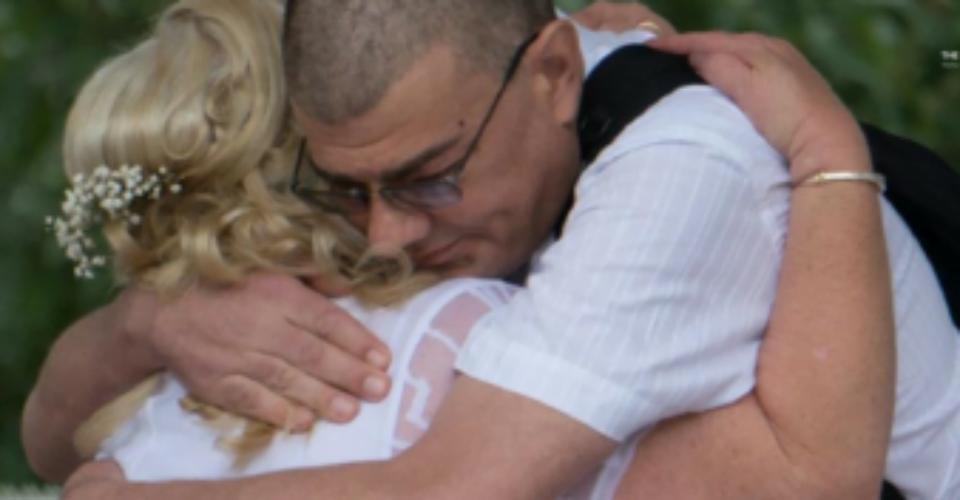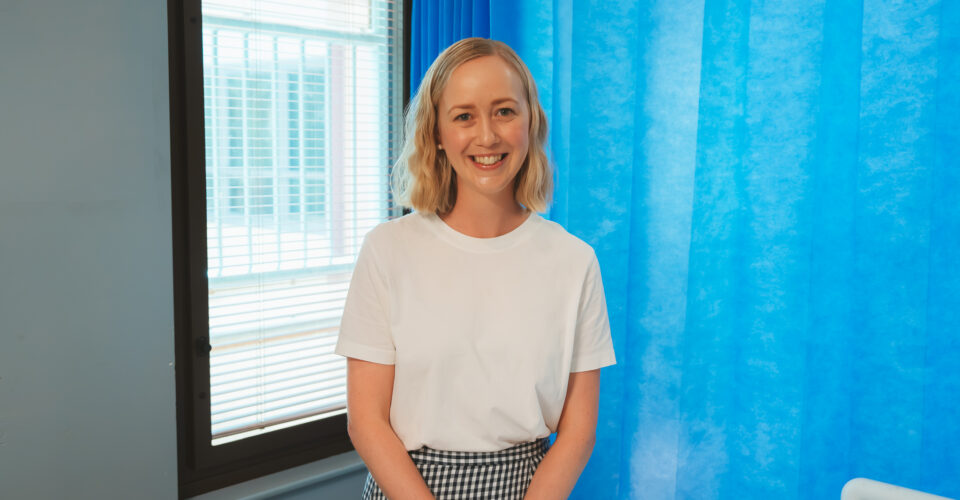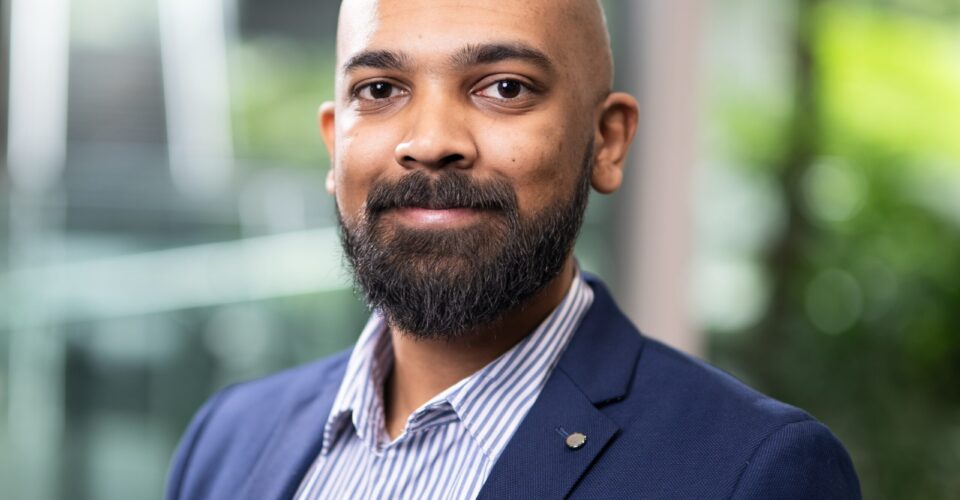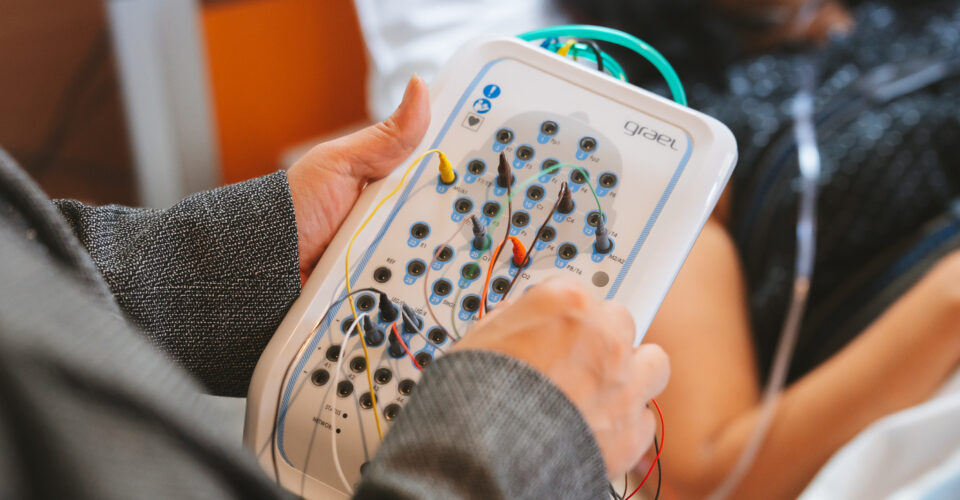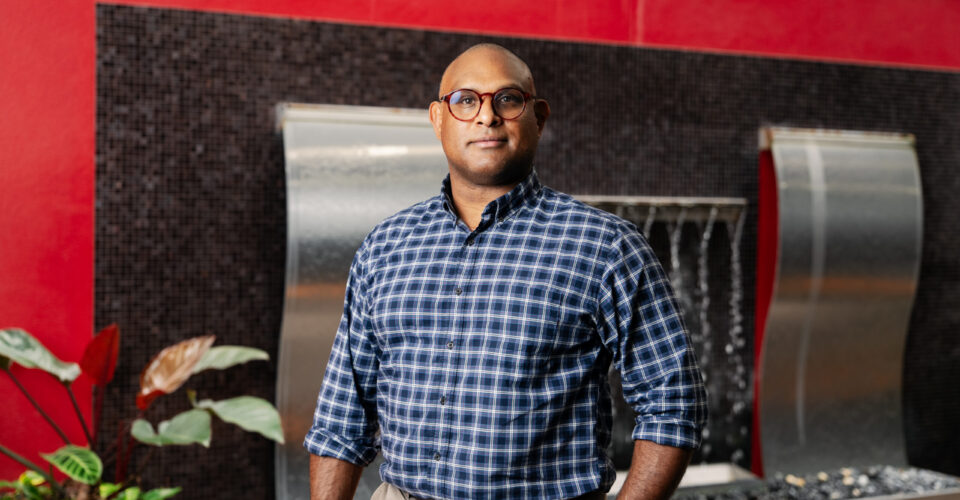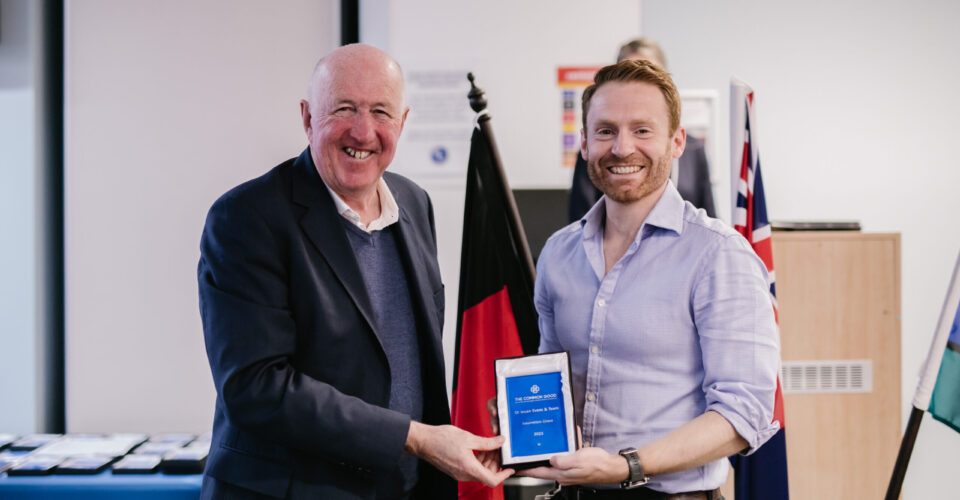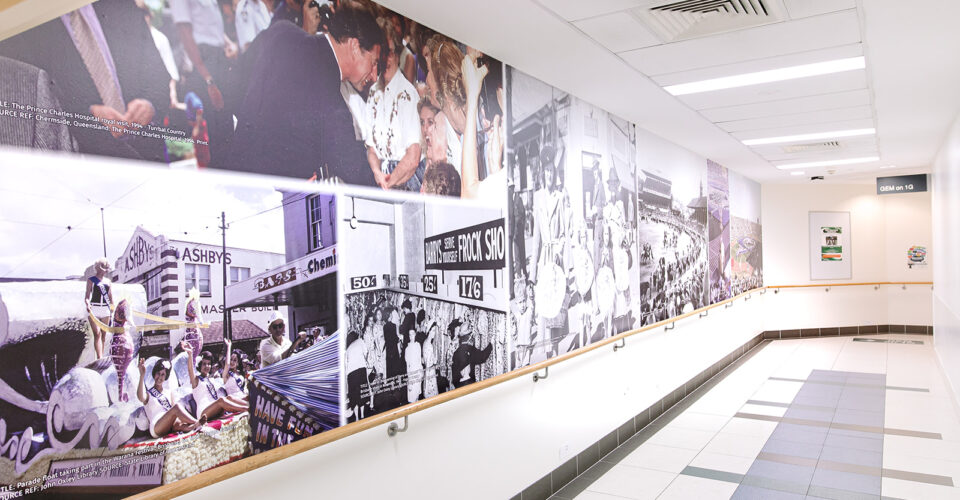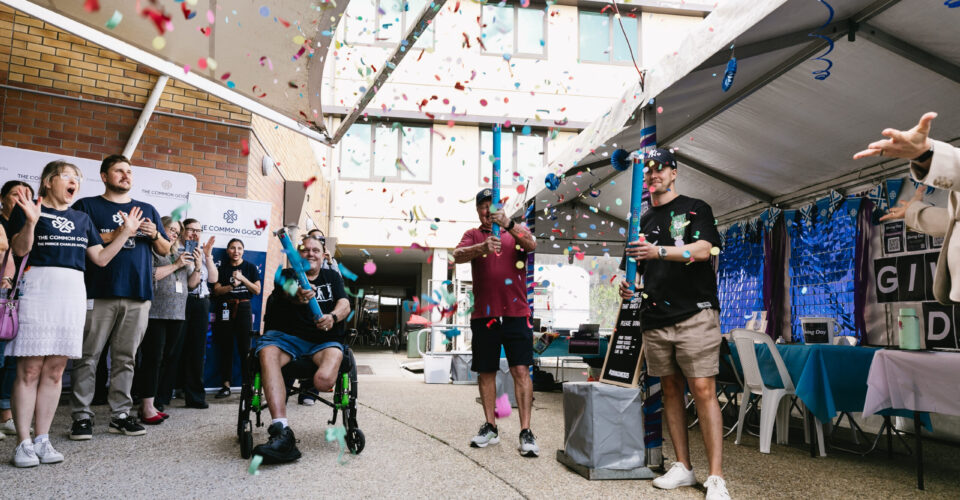The doctors and researchers at The Prince Charles Hospital are part of many special medical moments in the lives of their patients. Seeing someone who is critically ill make a full recovery is probably top of their list, not only because they are given a second chance in life, but in love too!
This February, many of us will choose Valentine’s Day to show those special to us how important they are. With love in the air, we are proud to be backing the amazing heart research happening at the Innovative Cardiovascular Engineering and Technology Lab (ICETLAB), located at The Prince Charles Hospital. Research that is keeping couples together every day by advancing lifesaving medical engineering.
Thanks to The Prince Charles Hospital, Brisbane couple Geoff and Roneen Fletcher were given a second chance at life together after Geoff became seriously ill. Diagnosed with cardiomyopathy at 38, he was enjoying life with the help of a pacemaker, until four years later when he had a cardiac arrest.
Geoff was now in end-stage heart failure and in need of a transplant. To save his life, he was fitted with two Ventricular Assist Devices (VADs), one for each side of his failing heart. A VAD is a piece of medical technology which works as an implantable pump that keeps failing hearts going. These devices, although lifesaving, are not without their risks. Geoff suffered dangerous blood clotting with his first VAD and needed lifesaving surgery to implant a second one.
Thankfully, with the new device working with less complications, Geoff was able to leave the ICU. After thinking he’d spend his last days looking at the hospital ceiling, getting outside in the fresh air was an amazing moment. Most importantly, because he had a big occasion to attend – his wedding to his fiancé of 14 years!

With the VAD batteries in a backpack, Geoff made it down the aisle on the 9th of October 2016. Twelve days later, the newlyweds received the news they were waiting for; a donor heart was available. Now, just over a year after transplant surgery, the courageous couple are finding their feet again in life.
When a person experiences heart failure, often their only chance of survival is a transplant. A VAD can keep them alive whilst they’re waiting, however, it’s a new treatment with risky complications, like infection and blood clotting, which almost took Geoff’s life.
There are important projects, backed by The Common Good, being undertaken by the ICETLAB to improve VAD’s and reduce their risks. These lifesaving devices are also not readily available in many developing countries yet; another big issue the research team is hoping to change!
The Common Good are proud to be backing the ICETLAB, who, with cutting-edge engineering, are working hard to reduce preventable deaths from heart disease and improve survival rates for those awaiting transplants, not just in Australia, but all over the globe.
Without this kind of research, the VAD’s that kept Geoff alive would not exist, neither would the technology behind many other medical devices we take for granted, such as pacemakers, defibrillators or ECG machines. It’s great to be part of the movement that’s putting people power behind research advancing medical technology, and it’s even better to know it’s reuniting patients with their loved ones every day.
Support The Common Good here.
